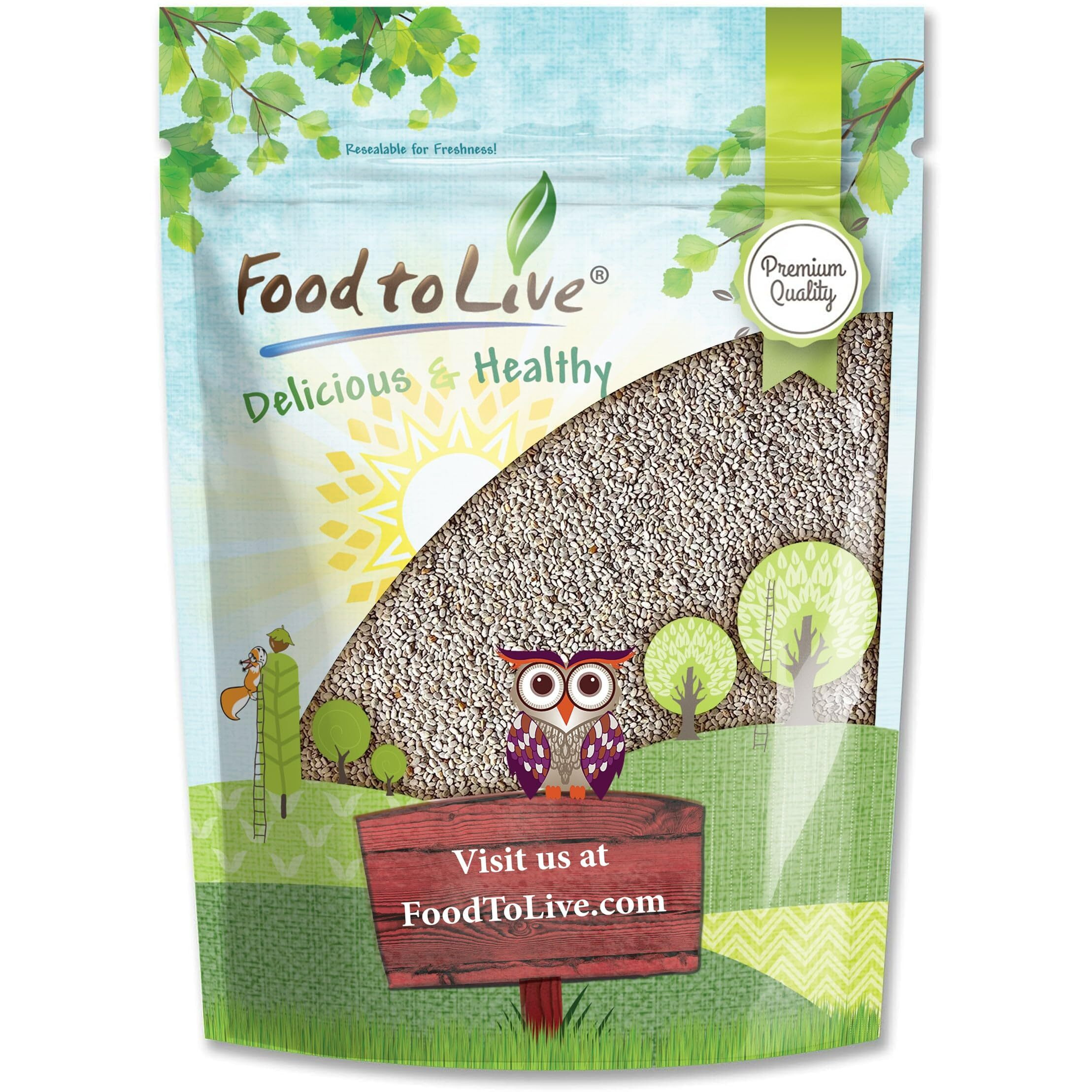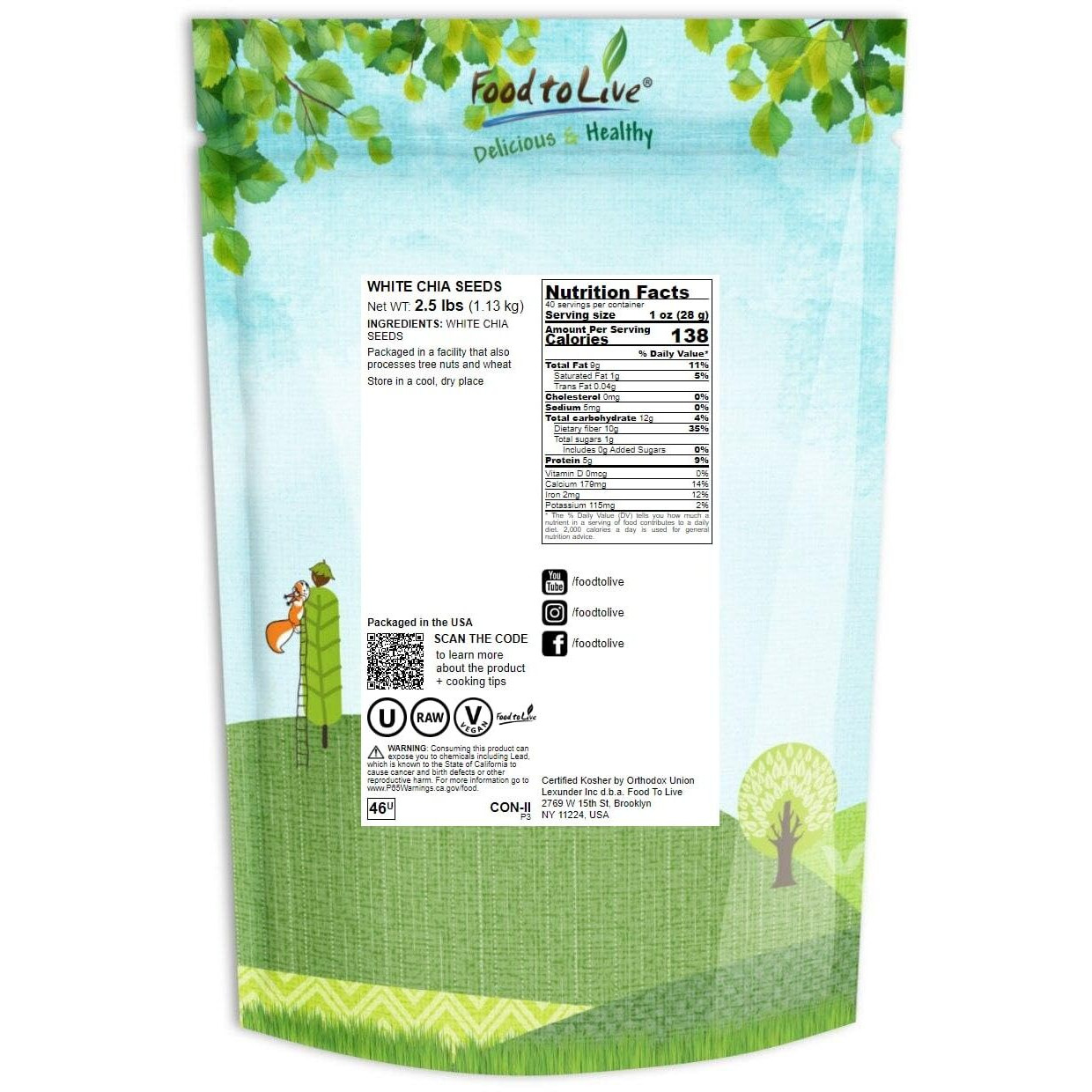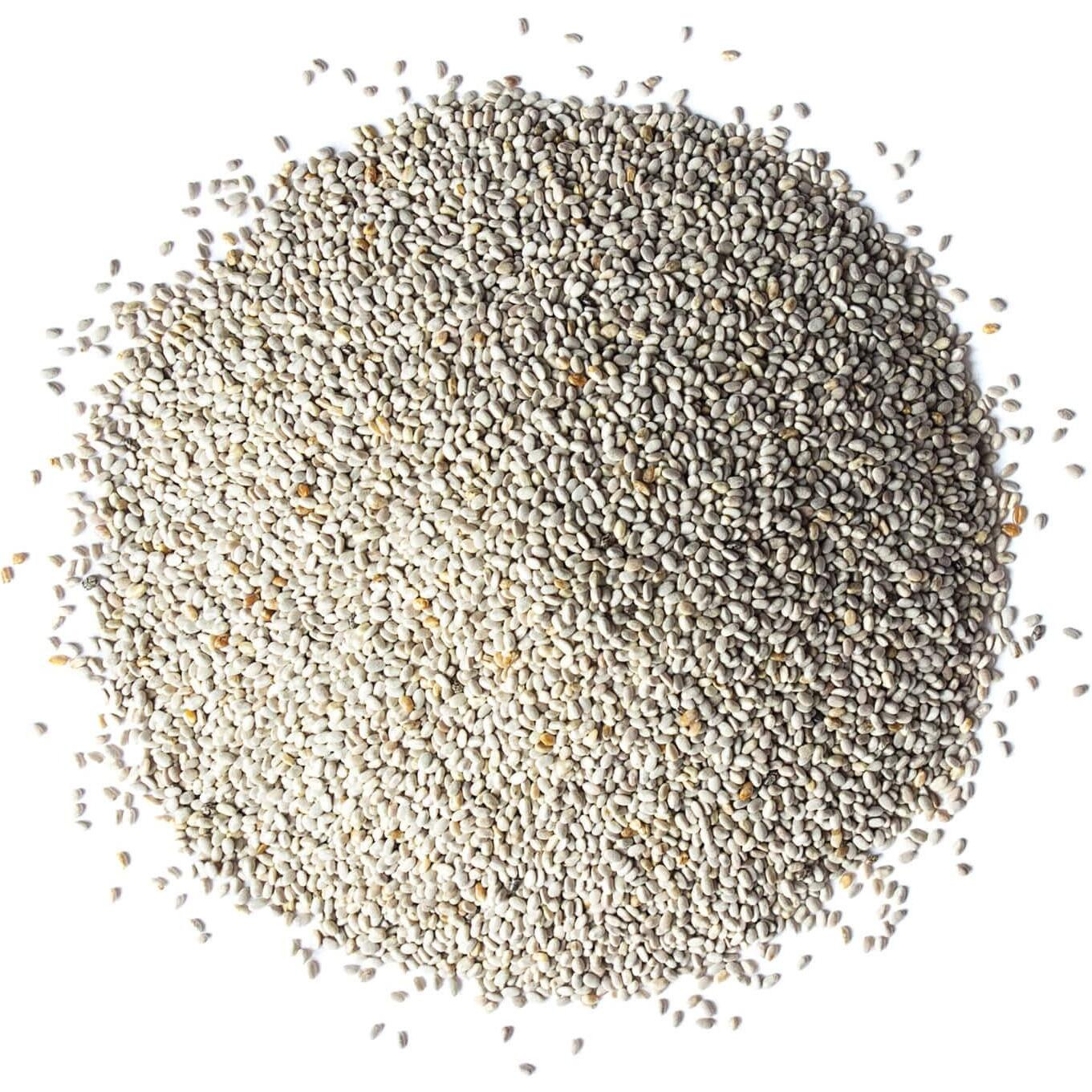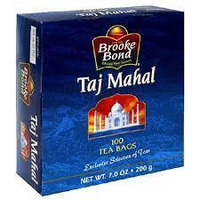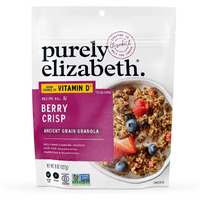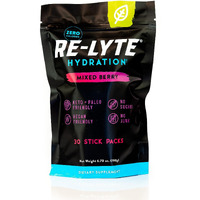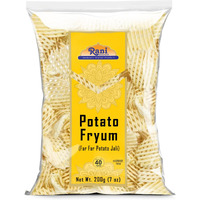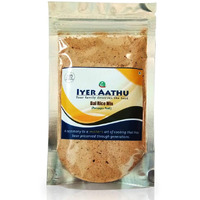Chia Seeds Are The Seeds Of The Flowering Plant Called Salvia Hispanica, Which Came From Central America. The First People Who Started Eating Chia Were Maya And Aztecs In The Pre-Columbian Era. They Believed That The Seeds Give Them Strength And Endurance. Even The Word Chia Translates To Power. Chia Seeds Contain 20% Protein, 34% Fat, 25% Dietary Fiber, And A Significant Amount Of Antioxidants. They Are Also Rich In Linolenic And Other Omega-3 Unsaturated Fatty Acids. Moreover, Chia Seeds Contain Vitamins: A, C, E, B1, B2, Pp, And A Large Amount Of Potassium, Calcium, Magnesium, Phosphorus, Selenium, And Zinc. Naturally, Chia Seeds Are A Mix Of Black And White Ones. However, Being Carefully Selected By Farmers, White Chia Seeds Now Give Mainly White Harvest. The Difference Between Black And White Chia Seeds Is Rather Small. White Seeds Are Slightly Larger And Contain Somewhat More Omega-3 Fatty Acids, But Black Chia Seeds Have Slightly More Protein. Therefore, The Main Reason To Choose White Or Black Seeds Is Purely Esthetic. While You Can Choose Any Color For Your Food, It Is Popular To Make Oil From Black Seeds Or Mix Them Into Salads. However, It Is More Pleasant To Use White Chia Seeds In Bulk, For Instance, When You Are Making A Flour.
Actual product packaging and materials may contain more and/or different information than that shown on our website. We recommend that you do not solely rely on the information presented and that you always read labels, warnings, and directions before using or consuming a product.
For additional information about a product, please contact the manufacturer. Content on this site is for reference purposes and is not intended to substitute for advice given by a physician, pharmacist, or other licensed health-care professional. ZiFiti does not assume liability for inaccuracies or misstatements about products.
Statements regarding dietary supplements have not been evaluated by the FDA and are not intended to diagnose, treat, cure, or prevent any disease or health condition.

